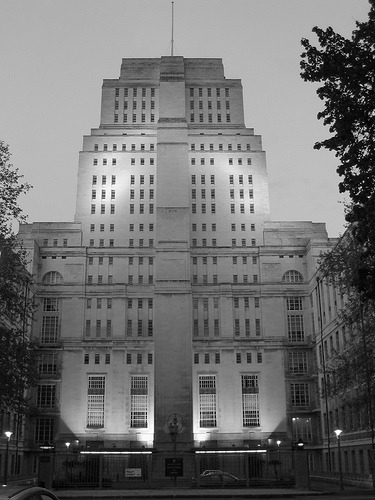It uses the latest Net Neutrality push and government attempts to shut down private funding of climate science as just the latest examples of a trend which is destroying competition… and ultimately prosperity. Crony capitalist elements of big business trying to seek competitive advantage by encouraging the government regulation end up finding themselves beholden to their government masters as a result.
I know this is all nothing new…I was just a little taken aback to realize that those of us who are skeptical of assertions there’s a “climate crisis” in need of government intervention and control are now players in the game, as a few in Congress try to intimidate us.
Al Gore has just announced the need to punish climate-change deniers…as if anyone denies that climate changes. Sheesh. Even we admit that humans have some influence on climate. But (1) the human portion is highly uncertain, and (2) we can’t do anything significant about it anyway without killing millions of people in the process.
Meanwhile, the mainstream media dutifully allows such perverted reframing of the terms of the debate to go unchallenged. Here’s John Christy’s response to that intimidation, published yesterday.
The Federalist article is well worth the read, especially for those familiar with Atlas Shrugged.

 Home/Blog
Home/Blog




